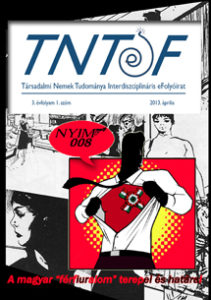The Most Valuable Asset in the Human Being… that is Women Traffic in Women: Prostitution and the Economy
Main Article Content
Abstract
This time we are not going to discuss prostitution in terms of ethics, health, social welfare or crime but in terms of its political economy. Although we do not deny the relevance of the other approaches, we sense the debate on prostitution has been caught in a deadlock for decades. Is it voluntary or forced labor; work or slavery; degrading or elevating; to be legalized or forbidden; extremely dangerous, or just as much as any other forms of activity; is it right or not at all…These dilemmas (and many others) are important to address but this time let’s move on and say something different. Let’s consider the function of unequal gender relations (and their unequal social-geographical distribution) in the transformation of prostitution into a global economy. Let’s look into and explore with the help of a particular example the function of prostitution (more exactly, that of the sex industry, comprising prostitution, pornography, and human trafficking) in the production, maintenance and increase of unequal relations between men and women, the rich and the poor, the population of the developed and underdeveloped countries, territories and regions, the majority and minorities, etc. Finally, for a summary, let’s ask the question: In addition to the immediate profit and pleasure, whose interest does this human being, that is, the woman in the title, serve?

